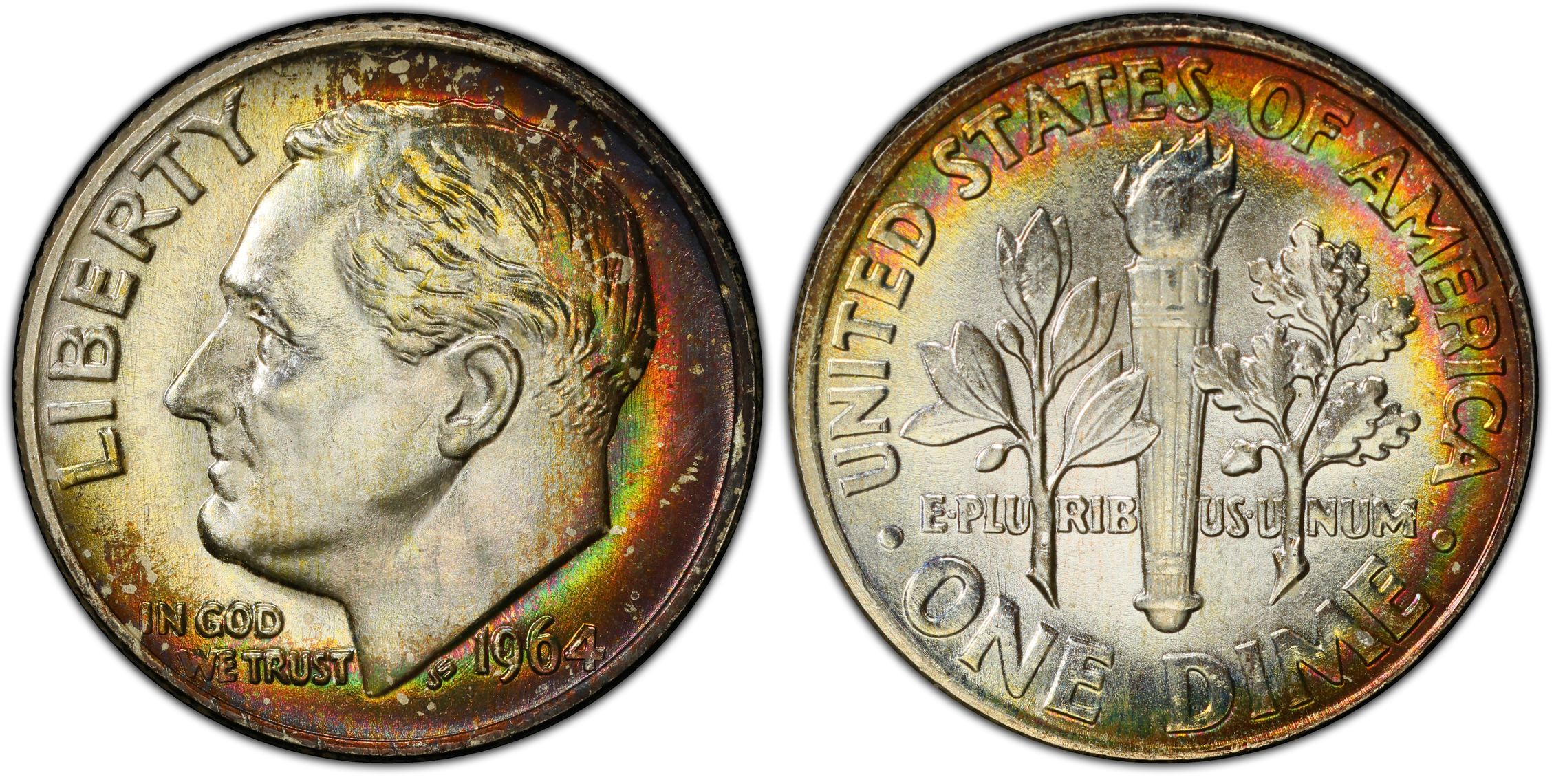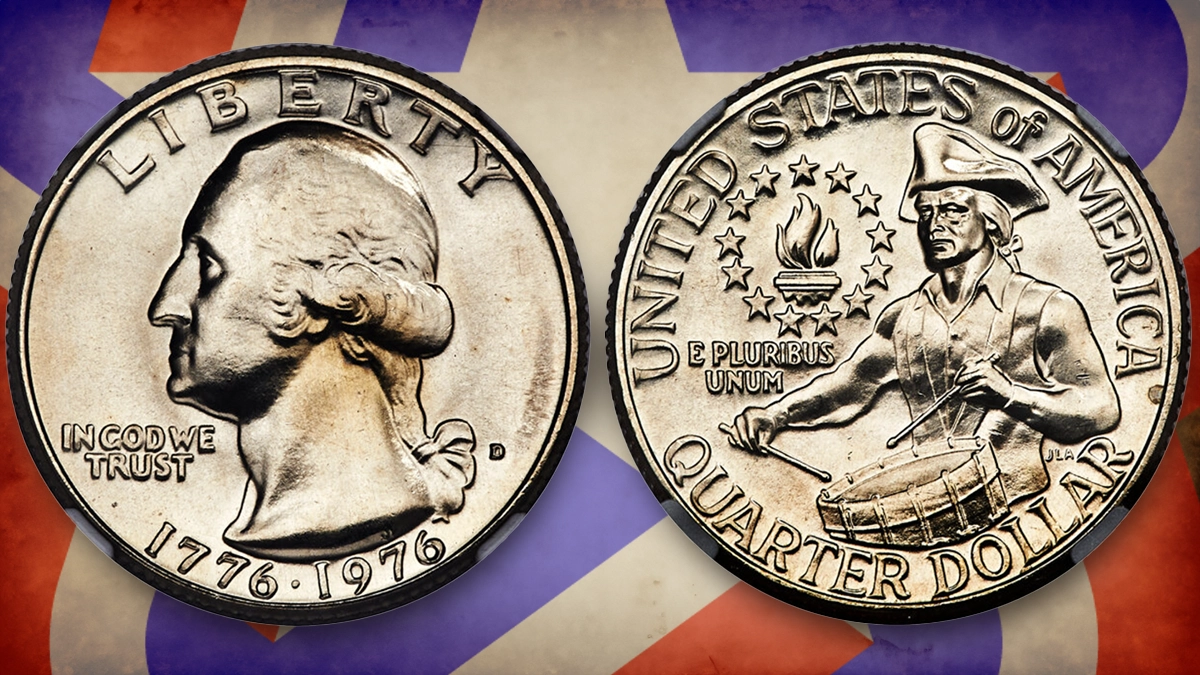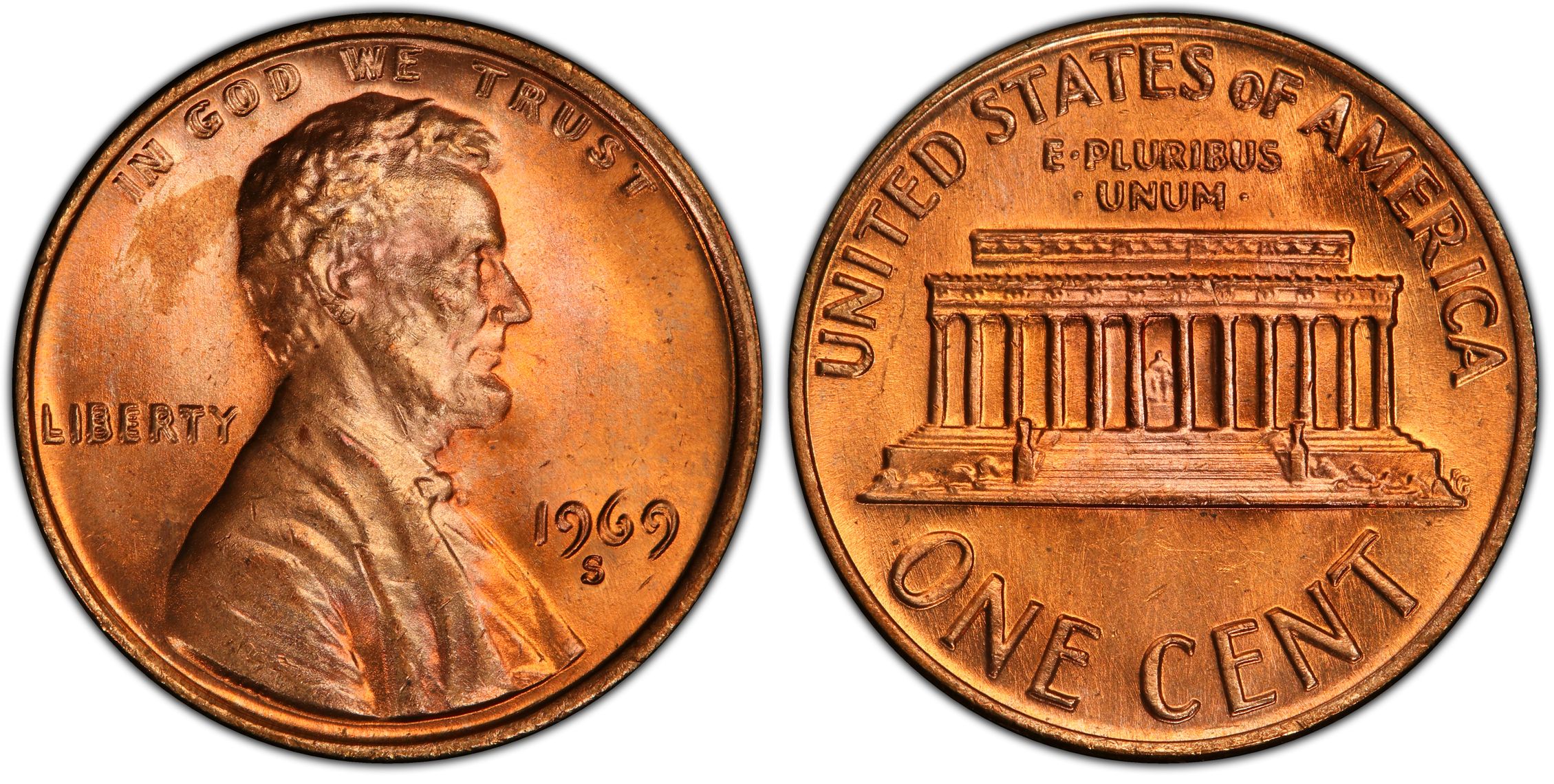8 Rare Dimes and Bicentennial Quarters Worth $10 Million Each Are Still in Circulation:- In the world of coin collecting, a select few coins are so rare and valuable that they become the holy grail for collectors and investors alike.
While most coins lose value over time, a rare handful can skyrocket in price and become worth millions of dollars.
Interestingly, many of these rare coins are still in circulation, meaning they could be hiding in your spare change or sitting unnoticed in the back of your drawer.
Among these coins, dimes and Bicentennial quarters stand out as some of the most valuable. While they may appear to be ordinary, some of these seemingly common coins can fetch up to $10 million at auction.
In this article, we’ll explore the fascinating world of rare dimes and Bicentennial quarters, which have been discovered to be worth an extraordinary amount of money.
These coins have become the subject of intense interest, not only for their historical significance but also for their rarity and unique characteristics that set them apart from standard versions. Could there be one of these million-dollar coins in your pocket?
ALSO SEE : 8 Rare Coins That Fetch a High Price at Auction: Each Worth Over $5 Million
1. The 1968-D Roosevelt Dime – Worth $10 Million
The 1968-D Roosevelt Dime is one of the most famous error coins in American numismatics. At first glance, it looks like any other dime from the late 1960s.
However, due to an error at the U.S. Mint, some of these dimes were struck on incorrect planchets (the metal discs used to make coins).
A number of these 1968-D dimes were mistakenly struck with a silver alloy instead of the standard copper-nickel mix used at the time.
Silver dimes from the 1960s are valuable because they contain a higher percentage of precious metal than regular dimes.
These error coins are particularly valuable because they were never intended for circulation and were struck during a time when the U.S.
Mint was phasing out silver content in coins. As a result, the 1968-D Roosevelt Dime has become a highly sought-after coin, with some examples valued at up to $10 million.
2. The 1982 No-P Roosevelt Dime – Worth $10 Million

Another Roosevelt dime worth $10 million is the 1982 No-P Roosevelt Dime, which is part of a famous minting error.
In 1982, the Philadelphia Mint accidentally omitted the mintmark (the “P” indicating the coin was produced in Philadelphia) from a batch of dimes. This resulted in a small number of dimes being struck with no mintmark at all.
While this might seem like a minor mistake, coins with such errors are highly prized by collectors because they are extremely rare.
The 1982 No-P Roosevelt Dime is a great example of a seemingly insignificant error that has transformed into a valuable treasure.
These dimes are worth up to $10 million due to their rarity and the fact that they were produced in limited numbers, making them one of the most desirable coins for collectors.
3. The 1964 Roosevelt Dime with a Clipped Planchet – Worth $10 Million

Another dime from the Roosevelt series that can fetch an astounding price is the 1964 Roosevelt Dime with a clipped planchet.
A clipped planchet occurs when a metal disc (the planchet) is improperly cut during the minting process, resulting in a coin that has an incomplete or irregular edge.
The 1964 Roosevelt Dime is particularly valuable because of its historical context. In 1964, the United States was still minting dimes with 90% silver content before the transition to a copper-nickel alloy.
As such, the 1964 silver dime is already a valuable coin, and a clipped version is even rarer. Collectors who are lucky enough to find a 1964 clipped planchet can expect the coin to be worth around $10 million, depending on its condition and rarity.
4. The 1976 Bicentennial Quarter with No Mintmark – Worth $10 Million

The 1976 Bicentennial Quarter was issued to commemorate the 200th anniversary of the Declaration of Independence.
With its distinctive reverse design featuring a drummer, the Bicentennial quarter is one of the most popular modern coins in circulation. However, some 1976 Bicentennial quarters were struck without a mintmark, which was a mistake on the part of the U.S. Mint.
While most 1976 Bicentennial quarters feature a mintmark (either D for Denver or S for San Francisco), a handful were struck without any mintmark at all.
These “no mintmark” Bicentennial quarters are exceptionally rare and highly prized by collectors. In fact, one such coin was sold for an astounding $10 million at auction due to its rarity and the mistake that led to its creation.
5. The 1969-S Double Die Obverse Roosevelt Dime – Worth $10 Million

The 1969-S Double Die Obverse Roosevelt Dime is another coin from the Roosevelt series that has become a high-value collector’s item.
A double die is a type of minting error where the design is stamped onto the coin twice, creating a doubled effect on the coin’s features.
The most famous example of this error is the 1969-S Double Die Obverse, which features a noticeable doubling of the digits in the date and the word “Liberty” on the obverse side.
Due to its extreme rarity and the clear doubling visible to the naked eye, the 1969-S Double Die Obverse Roosevelt Dime is a highly sought-after coin. Examples of this rare dime have sold for $10 million or more, depending on their condition and the quality of the doubling.
6. The 1976 Bicentennial Quarter with a Doubled Die – Worth $10 Million

In addition to the 1976 Bicentennial Quarter, another Bicentennial-themed coin worth up to $10 million is the 1976 Bicentennial Quarter with a doubled die.
The doubled die effect is a result of a minting error, where the design elements on the coin appear doubled, particularly in the “In God We Trust” inscription and the date.
This error is very rare, and only a small number of 1976 Bicentennial Quarters were affected. These quarters are highly sought after by collectors who specialize in error coins or Bicentennial coins.
A 1976 Bicentennial Quarter with a doubled die has become one of the most valuable coins in modern U.S. numismatics, often fetching $10 million or more at auction.
7. The 1942 Mercury Dime with a Strong Die Strike – Worth $10 Million
The 1942 Mercury Dime is a classic U.S. coin that remains popular among collectors today.
However, some examples of the 1942 Mercury Dime were struck with a particularly strong die strike, which made the details of the coin exceptionally crisp and well-defined.
This unusual characteristic makes these dimes especially valuable to collectors. Because strong die strikes are so rare, only a few examples of the 1942 Mercury Dime with this feature are known to exist.
These dimes have been sold for as much as $10 million, thanks to their unique characteristics and rarity in the marketplace.
8. The 1932-S Bicentennial Quarter with a Laminated Error – Worth $10 Million

The 1932-S Bicentennial Quarter is another Bicentennial coin that can fetch a hefty price due to an error in the minting process.
A laminated error occurs when part of the metal from a coin planchet fails to bond properly, causing it to peel away during the minting process. The result is a coin with a visible defect in its surface.
These laminated errors are highly rare, and only a few of these 1932-S Bicentennial Quarters have been discovered in circulation. One of these coins was sold for $10 million due to its extreme rarity and the unique nature of its defect.
| Coin Name | Year | Minting Error | Estimated Value | Key Features |
|---|---|---|---|---|
| 1968-D Roosevelt Dime | 1968 | Struck on silver planchets | $10 Million | Silver alloy instead of copper-nickel mix |
| 1982 No-P Roosevelt Dime | 1982 | No mintmark (Philadelphia mint) | $10 Million | Mintmark omission during production |
| 1964 Roosevelt Dime (Clipped Planchet) | 1964 | Clipped planchet error | $10 Million | Irregular edge due to minting error |
| 1976 Bicentennial Quarter (No Mintmark) | 1976 | No mintmark | $10 Million | Missing mintmark (meant for Philadelphia mint) |
| 1969-S Double Die Obverse Roosevelt Dime | 1969 | Double die error (doubled design elements) | $10 Million | Doubling of digits and “Liberty” on the obverse |
| 1970 Bicentennial Quarter (Doubled Die) | 1976 | Doubled die error | $10 Million | Doubled lettering on the obverse design |
| 1942 Mercury Dime (Strong Die Strike) | 1942 | Strong die strike (well-defined features) | $10 Million | Exceptionally sharp details, rare minting anomaly |
| 1999-S Bicentennial Quarter (Laminated Error) | 1932 | Laminated error (surface defect) | $10 Million | Metal defect causing a peeling effect on the surface |
How do I know if I have one of these rare coins?
The best way to identify a rare coin is to carefully examine its features. Look for minting errors, unusual marks, or design anomalies that set it apart from a regular coin. If you suspect you have a rare coin, consult a professional coin appraiser or numismatist for a more accurate evaluation.
Are these rare coins still in circulation?
Yes, many of these rare dimes and quarters are still in circulation today, meaning there’s a chance you could find one in your pocket change. However, the chances are slim, as these coins are extremely rare and most are already in private collections.
How much are these coins worth today?
While the value of each rare coin depends on its condition and rarity, many of these coins have sold for$10 millionor more at auction. The market for rare coins can fluctuate
